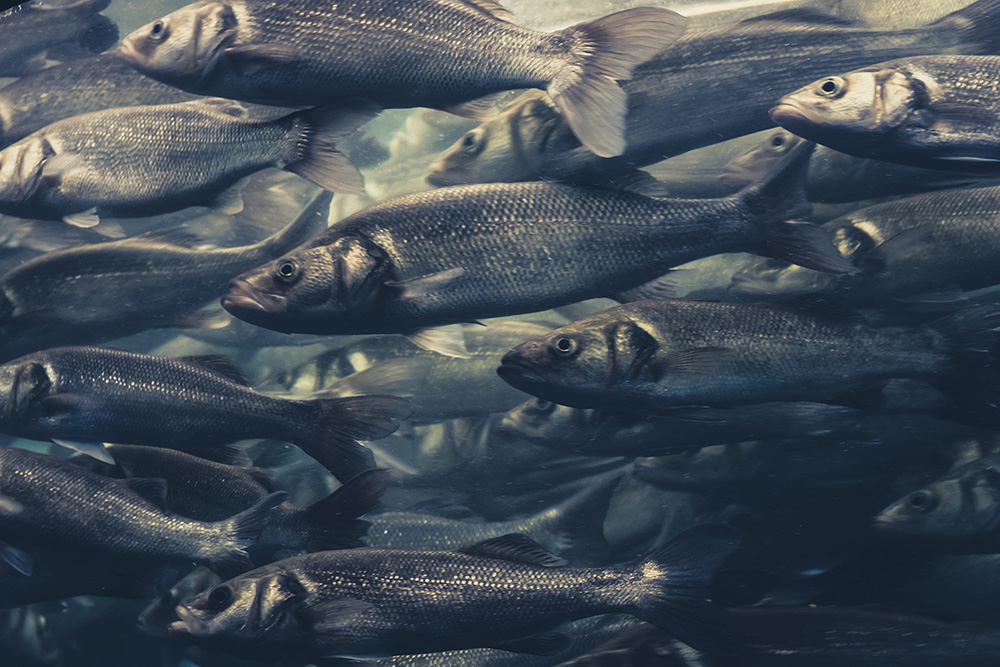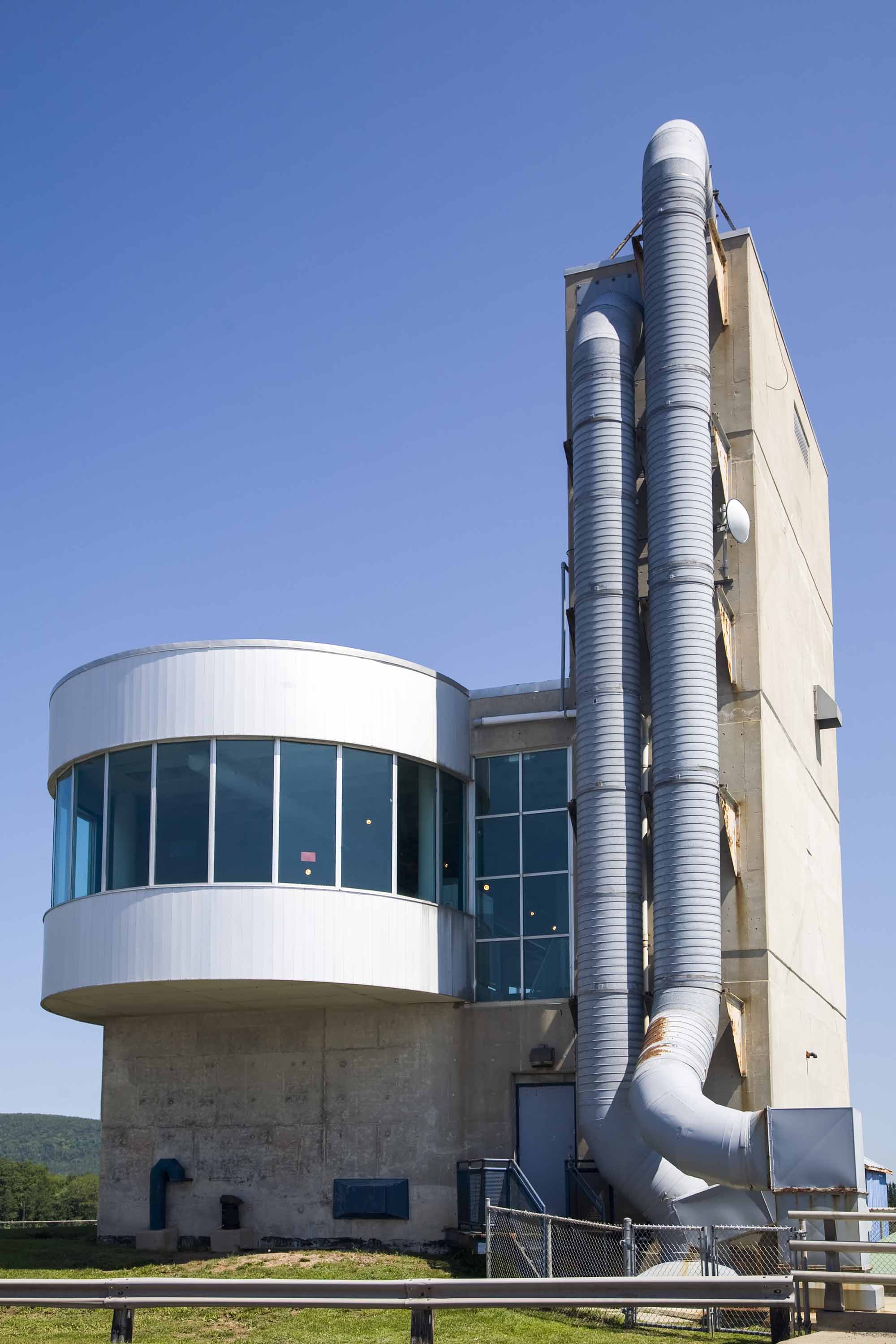The Atlantic provinces include Nova Scotia, New Brunswick, Prince Edward Island and Newfoundland and Labrador. The natural resources of the Atlantic provinces include fish and crustaceans, forests, water, minerals, fossil fuels and agricultural land.

Types of Natural Resources
Together, the Atlantic provinces cover a land area smaller than any of the other six provinces. Their many islands and peninsulas allow access to the fish and crustaceans of the Gulf of St. Lawrence and the continental shelf. Canada’s largest fishing industry operates in these coastal waters (see also Ocean Industry). Thirty-four Mi’kmaq and Wolastoqiyik First Nations co-manage fisheries and commercial operations with non-Indigenous partners through the Atlantic Integrated Commercial Fisheries Initiative (AICFI).
Did you know?
The contentious Supreme Court of Canada decision R. v. Marshall (1999) affirmed First Nations’ treaty right to earn a “moderate livelihood” from commercial fishing (see Donald Marshall Jr.). In light of this decision, some Indigenous fishermen fished out of season. A violent conflict over resources broke out between non-Indigenous and Indigenous fishermen. In response, the court clarified its decision and the federal government launched the AICFI to support First Nations commercial fisheries within the limits of government regulations.
Other important renewable resources include forests (particularly in New Brunswick), relatively small areas of farmland (e.g., Prince Edward Island and the Annapolis Valley of Nova Scotia) and hydroelectric resources (particularly the Churchill River in Labrador and tidal energy in the Bay of Fundy). Long coastlines provide many opportunities for seasonal outdoor recreation.
Onshore, there is a large base-metal resource in northern New Brunswick. There is iron in Newfoundland and gypsum and salt in Nova Scotia. Significant onshore fossil-fuel resources include coal deposits on Cape Breton Island. Offshore, there is oil (particularly off Newfoundland) and gas (off Nova Scotia).
Offshore drilling holds some promise of economic development for the Mi’kmaq community of Membertou on Cape Breton. However, a spill of about 250,000 litres of oil in the ocean off Newfoundland in November 2018 prompted renewed calls for tighter regulation of offshore drilling.


 Share on Facebook
Share on Facebook Share on X
Share on X Share by Email
Share by Email Share on Google Classroom
Share on Google Classroom















